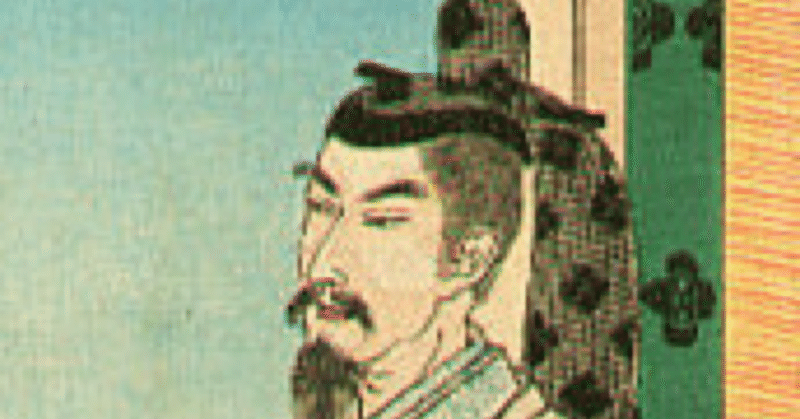
ChatGPTの『日本書紀』英訳 仁徳天皇 14
『日本書紀』仁徳天皇 14
是歲、作大道置於京中、自南門直指之至丹比邑。又掘大溝於感玖、乃引石河水而潤上鈴鹿・下鈴鹿・上豐浦・下豐浦四處郊原、以墾之得四萬餘頃之田。故、其處百姓、寛饒之無凶年之患。
十六年秋七月戊寅朔、天皇、以宮人桑田玖賀媛、示近習舍人等曰「朕、欲愛是婦女、苦皇后之妬、不能合以經多年。何徒妨其盛年乎。」仍以歌問之曰、
瀰儺曾虛赴 於瀰能烏苔咩烏 多例揶始儺播務
於是、播磨國造祖速待、獨進之歌曰、
瀰箇始報 破利摩波揶摩智 以播區娜輸 伽之古倶等望 阿例揶始儺破務
卽日、以玖賀媛賜速待。明日之夕、速待詣于玖賀媛之家、而玖賀媛不和、乃强近帷內。時玖賀媛曰「妾之寡婦以終年、何能爲君之妻乎。」於是天皇、欲遂速待之志、以玖賀媛、副速待、送遣於桑田、則玖賀媛、發病死于道中、故於今有玖賀媛之墓也。
≪英訳≫
In that year, a major street was constructed within the capital, stretching straight from the southern gate to Tajihimura (now Tajihino, Habikino City). Additionally, a large ditch was dug in Komuku (now Konokuchi in Kawachi Province). The water from Ishikawa was channeled to irrigate the fields in four areas: Upper and Lower Suzuka, and Upper and Lower Toyoura, yielding over forty thousand "koro" (an old unit of field area, approximately 100 square meters each) of rice fields. Thanks to this, the local people enjoyed abundant harvests, and were free from the fear of famine.
On the 1st day of the 7th month in the sixteenth year of his reign, the Emperor expressed his affection for a court lady named Kuwata no Kugahime (originating from Kuwata in Tanba Province) in front of his close attendants. He lamented in a poem that he wanted to cherish her, but was unable to due to the strong jealousy of the Empress (Iwahime). He feared that years would pass by without fulfilling his wishes.
"Is there anyone who would care for this maid of mine?" he pondered poetically.
Hayamachi, a descendant of the Harima Province's governor, volunteered with a poem, saying, "I, Hayamachi of Harima, though unworthy, shall take care of her."
That day, Kugahime was granted to Hayamachi. The next evening, Hayamachi went to Kugahime's residence but failed to win her over. Although he tried to approach her bedchamber forcefully, she resisted, stating, "I wish to remain a widow. How could I become your wife?" The Emperor, wanting to fulfill Hayamachi’s wish, sent Kugahime with him to Kuwata, but she fell ill and died on the way. Kugahime’s grave remains to this day.
≪この英文の和訳≫
その年、都(みやこ)の中に大通りが造られました。それは、南の門から丹比邑(たじひのむら、現在の羽曳野市丹比)に直接続いていました。また、感玖(こむく、現在の河内の紺口)に大きな溝を掘り、石河の水を引いて、上鈴鹿(かみすずか)、下鈴鹿(しもすずか)、上豊浦(かみとようら)、下豊浦(しもとようら)という四つの地域の田んぼを潤しました。それによって、四万頃(ころ 百畝)あまり(以上)の田地が得られ、地元の人々は豊かな収穫により飢饉の心配から解放されました。
天皇の治世十六年の秋七月一日に、天皇は女官である桑田の玖賀媛(くがひめ)を近習たちの前で披露し、彼女を可愛がりたいと願いながらも、皇后の嫉妬が強いために、召すことができないと歌で表現されました。「朕(私)の臣下の少女を誰か面倒見たい者はいないだろうか?」と問いかけました。
それに対し、播磨国造(はりまのくにのみやつこ)の先祖である速待(はやまち)が進み出て「播磨の速待が畏れ多くもご面倒を見ましょう」と歌で返答しました。
その日、玖賀媛は速待に与えられました。翌日の夕方、速待は玖賀媛の家を訪れましたが、彼女と親しくなることはできませんでした。彼が強引に寝室に近づこうとすると、玖賀媛は「私は寡婦(やもめ)のままで終わりたいと思います。どうしてあなたの妻になりましょうか」と拒絶しました。天皇は速待の願いを叶えてやりたいと考え、玖賀媛を速待と共に桑田に行かせましたが、途中で病に倒れ、亡くなりました。現在でも玖賀媛の墓が残っています。
令和6年5月2日(木) 2024
この記事が気に入ったらサポートをしてみませんか?
